Manji, a highly skilled samurai, becomes cursed with immortality after a legendary battle. Haunted by the brutal murder of his sister, Manji knows that only fighting evil will regain his […]
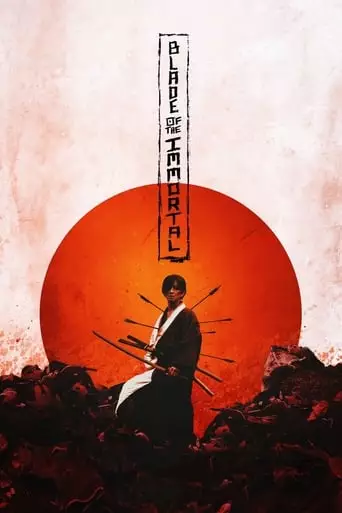
Manji, a highly skilled samurai, becomes cursed with immortality after a legendary battle. Haunted by the brutal murder of his sister, Manji knows that only fighting evil will regain his […]
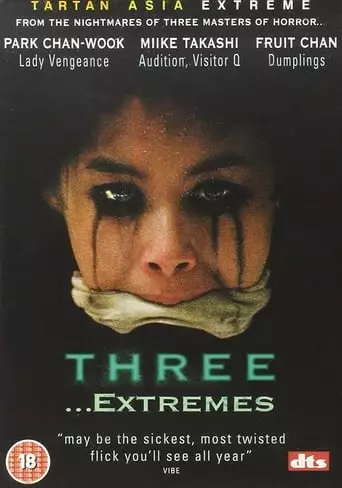
An Asian cross-cultural trilogy of horror films from accomplished indie directors: Dumplings, directed by Fruit Chan of Hong Kong, Cut directed by Park Chan-Wook of Korea, and Box directed by […]
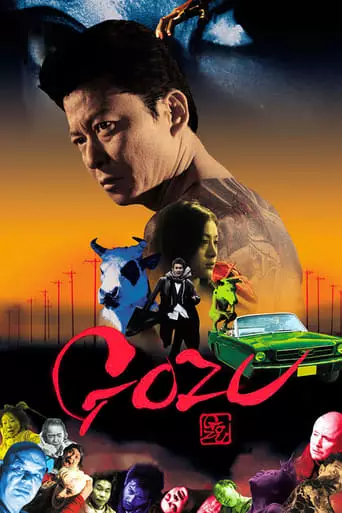
Minami mistakenly kills a gangster associate of his named Brother. Almost as soon as the murder takes place, the body of the deceased man is gone, prompting Minami to conduct […]
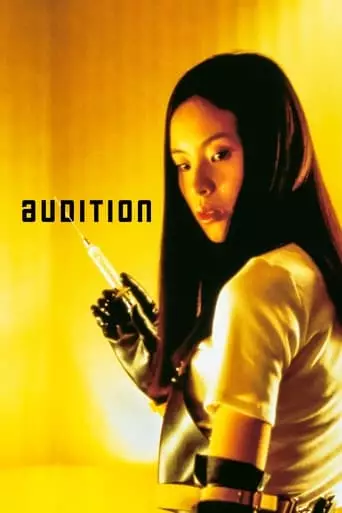
Seven years after the death of his wife, widower Shigeharu seeks advice on how to find a new wife from a colleague. Taking advantage of their position as a film […]
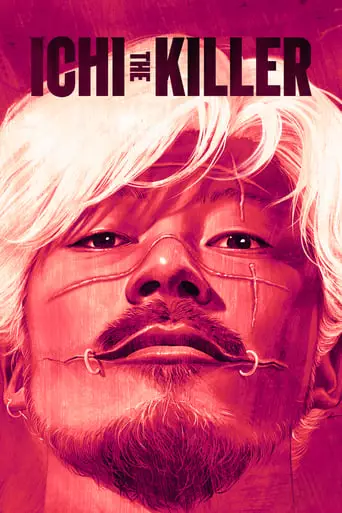
As sadomasochistic yakuza enforcer Kakihara searches for his missing boss he comes across Ichi, a repressed and psychotic killer who may be able to inflict levels of pain that Kakihara […]
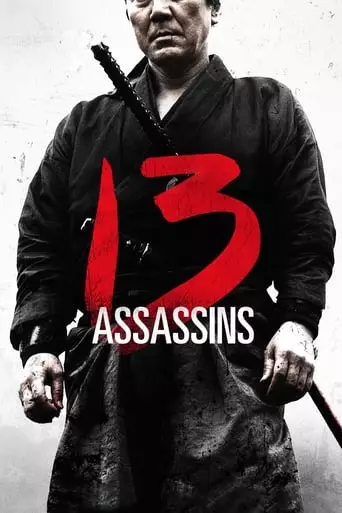
A bravado period action film set at the end of Japan’s feudal era in which a group of unemployed samurai are enlisted to bring down a sadistic lord and prevent […]
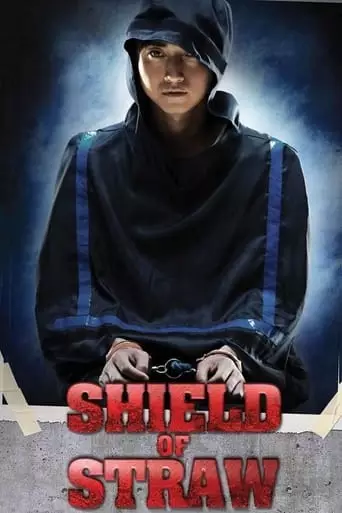
Ninagawa is a powerful man in Japanese politics and with top economic connections.His granddaughter is then murdered. The suspect is Kunihide Kiyomaru. Kunihide Kiyomaru has a prior conviction for assaulting […]
Takashi Miike: The Fearless Auteur of Japanese Cinema
Takashi Miike is one of Japan’s most prolific and provocative filmmakers, known for his fearless approach to storytelling, unparalleled versatility, and willingness to push boundaries. With a career spanning over three decades and more than 100 films, Miike has explored a vast array of genres, from horror and crime thrillers to musicals and family dramas. His works are celebrated for their audacious style, unflinching violence, and dark humor, making him a cult icon in global cinema.
Early Life and Career Beginnings
Takashi Miike was born on August 24, 1960, in Yao, Osaka, Japan. Growing up in a working-class neighborhood, he initially had no ambitions to enter the film industry. However, he eventually attended the Yokohama Vocational School of Broadcast and Film, where he developed an interest in filmmaking under the mentorship of acclaimed director Shohei Imamura.
Miike began his career in the late 1980s, directing television dramas and straight-to-video films, a format that allowed him creative freedom. This experience honed his craft and laid the groundwork for his transition to mainstream and international recognition.
Breakthrough and International Fame
Miike’s breakthrough came in the 1990s with a series of films that cemented his reputation as a director unafraid to challenge societal norms and cinematic conventions:
Audition (1999): This psychological horror film about a widower seeking love through a staged audition remains one of Miike’s most iconic works. Known for its slow-burn tension and shocking final act, Audition garnered international acclaim and introduced global audiences to Miike’s unique brand of horror.
Ichi the Killer (2001): Based on a manga by Hideo Yamamoto, this ultra-violent crime film is a visceral exploration of sadism and psychopathy. Its graphic imagery and dark humor made it both controversial and a cult classic.
Dead or Alive (1999): This frenetic gangster film, with its surreal opening sequence and shocking ending, exemplifies Miike’s ability to subvert genre expectations.
Master of Genre Versatility
One of Miike’s defining traits as a filmmaker is his ability to seamlessly navigate and reinvent genres:
Horror: Beyond Audition, Miike directed One Missed Call (2003), a supernatural horror film that became a commercial success and contributed to the global popularity of J-horror.
Yakuza Films: Miike’s extensive filmography includes numerous yakuza dramas, such as Rainy Dog (1997) and Graveyard of Honor (2002), which delve into the complexities of loyalty and morality.
Family Films: Surprisingly, Miike has also directed family-friendly movies, including The Great Yokai War (2005), a fantasy adventure about a young boy who must protect a world of spirits.
Musicals: The Happiness of the Katakuris (2001) is a darkly comedic musical about a dysfunctional family running a guesthouse where the guests mysteriously die. Its whimsical and absurd tone showcases Miike’s willingness to experiment.
Historical Epics: With 13 Assassins (2010) and Hara-Kiri: Death of a Samurai (2011), Miike proved his skill in crafting visually stunning and emotionally resonant samurai films, earning critical acclaim internationally.
Hallmarks of Miike’s Filmmaking
Boundary-Pushing Content: Miike is renowned for his fearless depictions of taboo subjects, often exploring themes of violence, depravity, and redemption.
Genre Fluidity: His ability to work across a diverse range of genres has made his filmography unpredictable and endlessly fascinating.
Surrealism and Absurdity: Miike frequently incorporates surreal and absurd elements, blurring the line between reality and fantasy.
Prolific Output: Miike’s incredible work ethic has resulted in a staggering number of films, with some years seeing multiple releases.
Visual Style: Whether through stylized violence or lush cinematography, Miike’s films are often visually striking and meticulously crafted.
Influence and Legacy
Takashi Miike’s audacious approach to filmmaking has inspired countless filmmakers and captivated audiences worldwide. While his works are often polarizing, they have earned him a devoted fanbase and critical acclaim. Miike’s influence extends beyond Japan, contributing to the global recognition of Japanese cinema as a space for bold and innovative storytelling.
Recent Work and Continued Relevance
In recent years, Miike has continued to explore new creative territory. Films like Blade of the Immortal (2017), an adaptation of a popular manga, demonstrate his ability to balance action-packed sequences with deep emotional storytelling. He remains a fixture at international film festivals, solidifying his status as a global auteur.
Conclusion
Takashi Miike is a filmmaker like no other, defined by his relentless creativity, genre-defying projects, and willingness to take risks. Whether crafting visceral horror, heartfelt family tales, or surreal musicals, Miike consistently challenges cinematic norms and expectations.
With a legacy that spans over 100 films and counting, Takashi Miike is not just a prolific director but a force of nature in the world of cinema—a true iconoclast whose work will continue to intrigue, shock, and inspire for generations to come.